On March 5, 1946, Winston Churchill gave one of his most famous speeches, in which he used the phrase, “iron curtain” to describe the communist boundary in Europe.
As much of the world celebrated the fall of the Nazi regime in 1945, Churchill grew concerned about the Soviet Union’s growing influence and resolved that we must “impose upon Russia the will of the United States and the British Empire.” That July, the Conservatives suffered a major defeat in the general election, ending Churchill’s term as prime minister.
Churchill then served as the leader of the opposition, a role that still made him a major influence in world affairs. He visited the United States in 1946 and was invited to deliver a speech at Westminster College in Fulton, Missouri, on March 5.
Joined on stage by President Harry Truman, Churchill began his “Sinews of Peace” speech by thanking and praising the United States. He then promoted his belief that the US and Britain develop an even closer relationship to help police the postwar world. Churchill then issued a warning against the Soviet Union’s expansion and compared it to Adolph Hitler’s rise before World War II. He went on to warn that with the Soviets there was “nothing which they admire so much as strength, and there is nothing for which they have less respect than for military weakness.”
Also during this speech Churchill is believed to have coined the phase “iron curtain” when he said, “From Stettin in the Baltic to Trieste in the Adriatic an “Iron Curtain” has descended across the continent. Behind that line lie all the capitals of the ancient states of Central and Eastern Europe. Warsaw, Berlin, Prague, Vienna, Budapest, Belgrade, Bucharest, and Sofia; all these famous cities and the populations around them lie in what I must call the Soviet sphere, and all are subject, in one form or another, not only to Soviet influence but to a very high and in some cases increasing measure of control from Moscow.”
Truman and the other people present applauded Churchill’s speech and soon the phrase “iron curtain” became widespread. However, some US leaders opposed his idea of a closer relationship, as they believed Britain’s power was declining and didn’t want to have to support them. Additionally, Joseph Stalin called the speech “war mongering” and Churchill’s points about the “English-speaking world” as imperialist racism. Though the Russians had been Britain’s and America’s allies against Hitler just a year prior, they were now preparing for the Cold War. In fact, some Russian historians point to this speech as the start of the war.
Click here to watch, read, or listen to the full speech.
| FREE printable This Day in History album pages Download a PDF of today’s article. Get a binder or other supplies to create your This Day in History album. |
Discover what else happened on This Day in History.

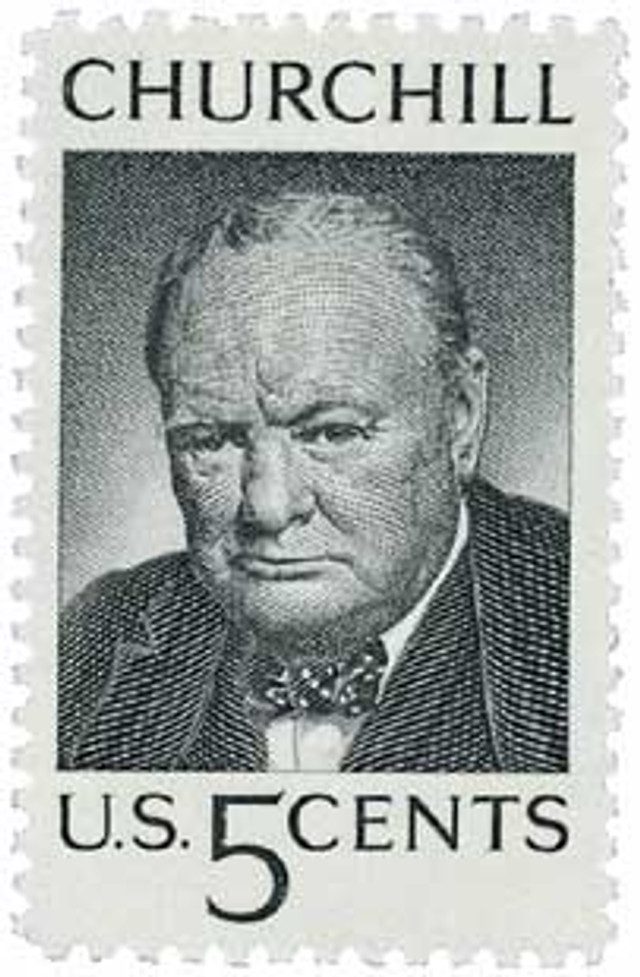
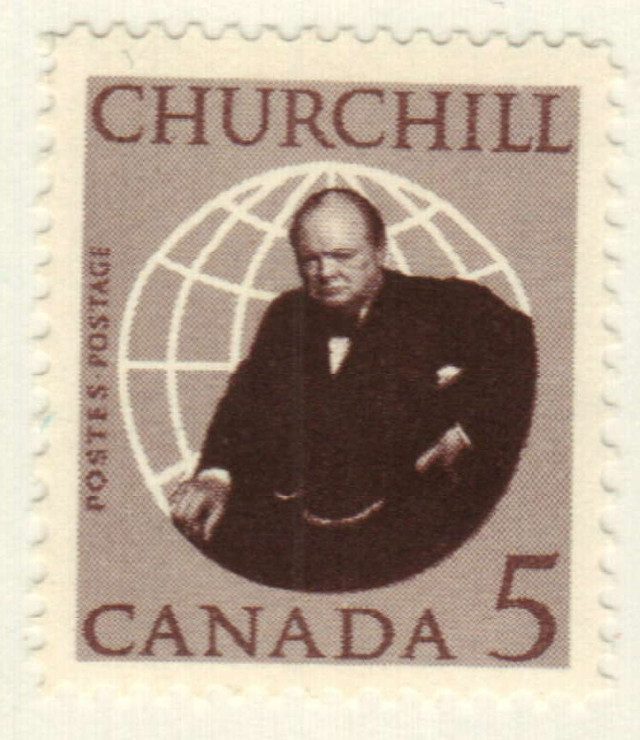
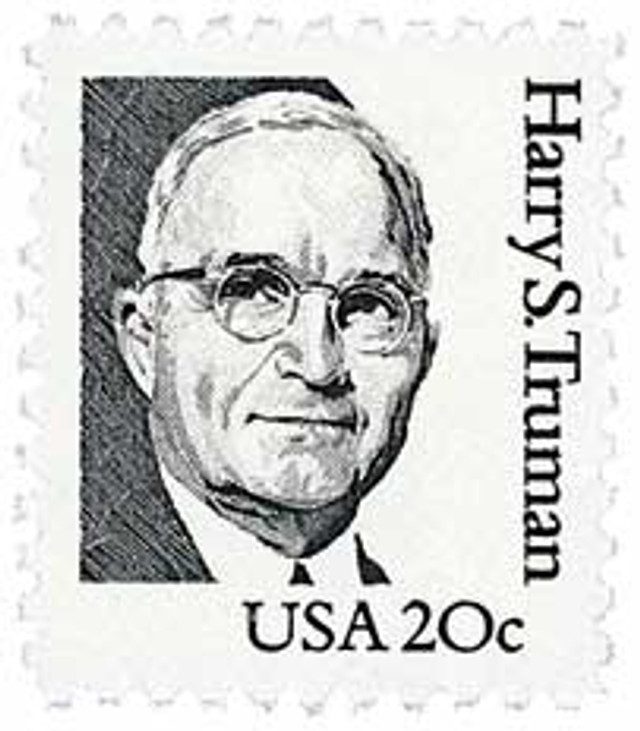
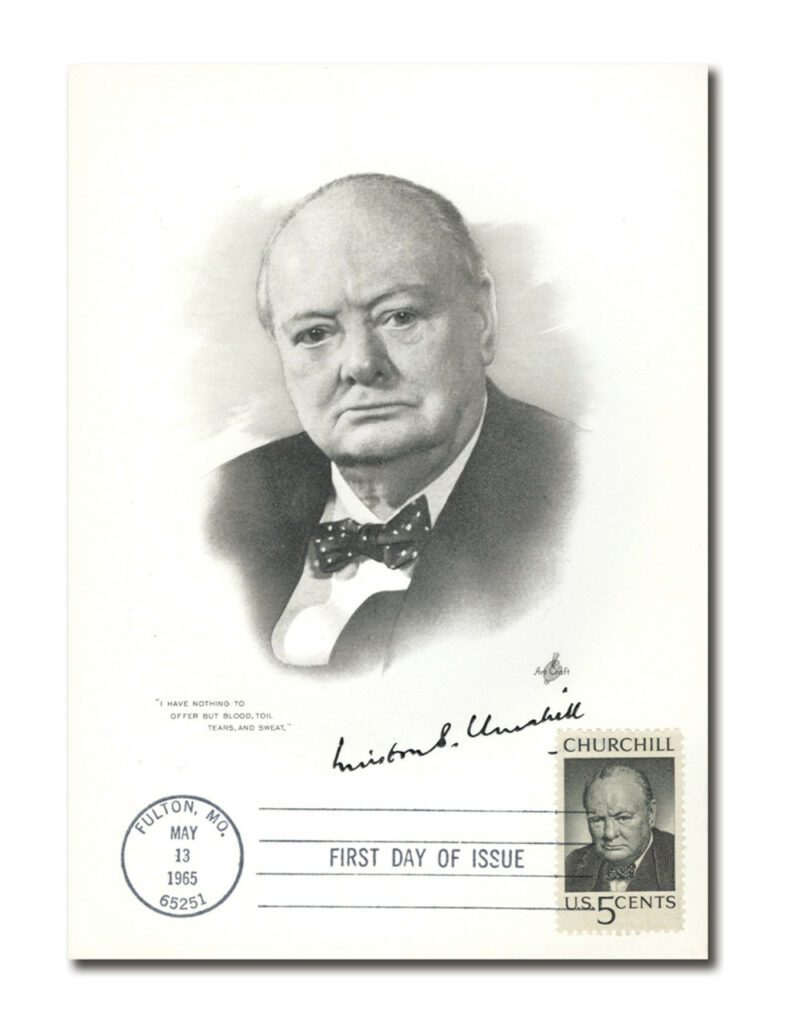
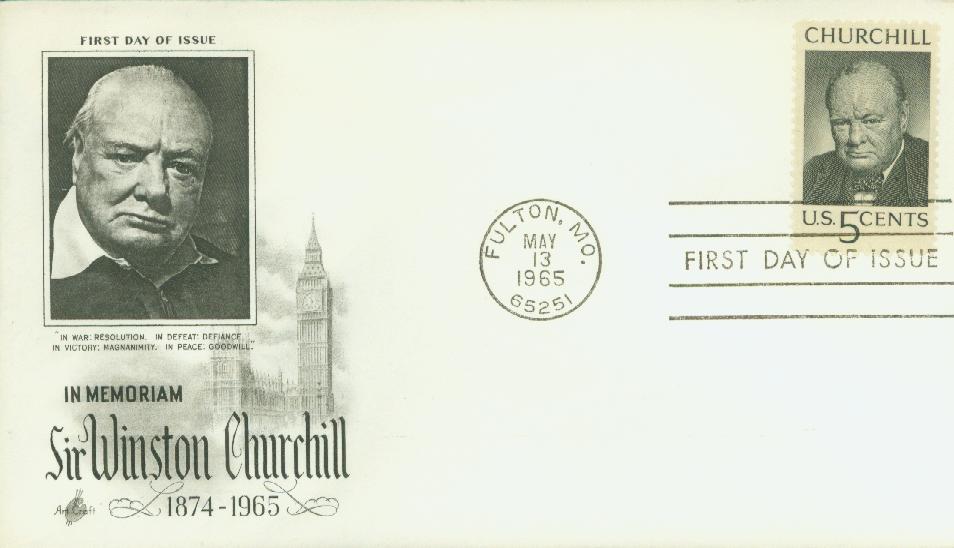
Winston Churchill recognized the evil intentions of both Hitler and Stalin early on and warned the world.
There may be some question about the statement that Churchill “coined” the phrase “iron curtain” in this connection. I recently read Viktor Reimann’s biography _Goebbels: The Man Who Created Hitler_ , and the author says that the Nazi Propaganda Minister had used the phrase near the end of the war to speak about what was becoming Soviet occupation of western Europe. (I’ve returned the book to the library so can’t give a more precise reference.) Of course (a) Goebbels would have hoped to use this threat to get the western allies to make peace with Germany & turn on Stalin & (b) there’s no evidence that Churchill knew of such an earlier use of “iron curtain”.
Too bad we don’t have the tough, hard nose free world leaders like Churchill.
Many years ago had the privilege of visiting this college on vacation and standing behind the podium he used to give this speech.
Winston Churchill was truly one of the greatest men of the 20th Century. His leadership and influence went well beyond the little islands of Great Britain.
Unless the United States and our NATO allies step up military aid to Ukraine, a new “iron curtain” will descend across Europe. Russian expansion will envelope Ukraine, and Putin may feel embolden to invade Poland, Hungary, and Finland. The majority of Americans want to send military aid to Ukraine, but it is currently being blocked by a handful of right-wing Republicans in Congress.